PROTECT YOUR DNA WITH QUANTUM TECHNOLOGY
Orgo-Life the new way to the future Advertising by AdpathwayHeather explored the beautiful Skomer Island off the Pembrokeshire coast to meet its colourful inhabitants, the Atlantic puffins. Like what you see? Subscribe for more wildlife videos from the BNC team! (Disclaimer - the use of a drone is forbidden on Skomer Island. Instead, we flew our drone off the mainland coast in a safe location using the CAA drone code to help the narrative of the film). Credits: Presented and produced by Heather Lampard Filmed and edited by Jim Lampard (www.jimlampard.co.uk) Music: Exciting Trailer by Kevin MacLeod is licensed under a Creative Commons Attribution license (https://creativecommons.org/licenses/by/4.0/) Source: http://incompetech.com/music/royalty-free/index.html?isrc=USUAN1100494 Artist: http://incompetech.com/ In His Own Way by Taylor Howard (https://www.zapsplat.com/sound-effect-category/music/) Oceans at Rest by Taylor Howard (https://www.zapsplat.com/sound-effect-category/classical/page/2/) Social media: Subscribe on YouTube - www.youtube.com/bristolnaturechannel Check out our new website! www.bristolnaturechannel.co.uk Follow us on Twitter - @bristolnatchan https://twitter.com/bristolnatchan Like us on Facebook - https://www.facebook.com/BristolNatur... Follow us on Instagram - @bristolnaturechannel Equipment: Camera - Canon 550d Puffins are an iconic British bird however, they only spend a short amount of their time here. When they finally arrive they make a colourful and characterful impression on us all! Puffins spend most of the winter feeding and floating on the Atlantic Ocean. Come the breeding season, they make their way to breeding sites all across the UK coastline. Here on Skomer, thousands arrive ready to find their mate for life and bring a puffling into the world. Don’t be fooled by their large numbers on Skomer and other islands. Puffins are struggling to survive the effects of climate change. The warmer weather has changed where and when the puffins food is available putting their lives out of sync with the environment. Struggling to find food their numbers are dropping and puffins are now listed as vulnerable on the IUCN red list. The RSPB have launched a new project which uses citizen science to investigate their decline. All you have to do is send them a photo of a puffin with food in its beak after visiting one of their colonies this year. Scientists want to analyse the photo and see how climate change is affecting the diet of our beloved puffins. To find out more check out their project here http://www.rspb.org.uk/our-work/conservation/project-puffin/index.aspx



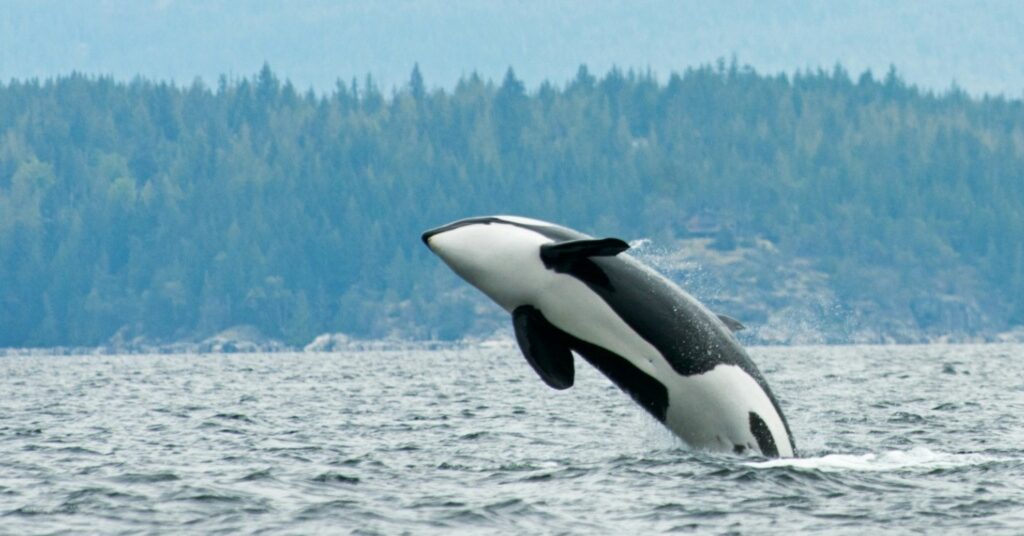
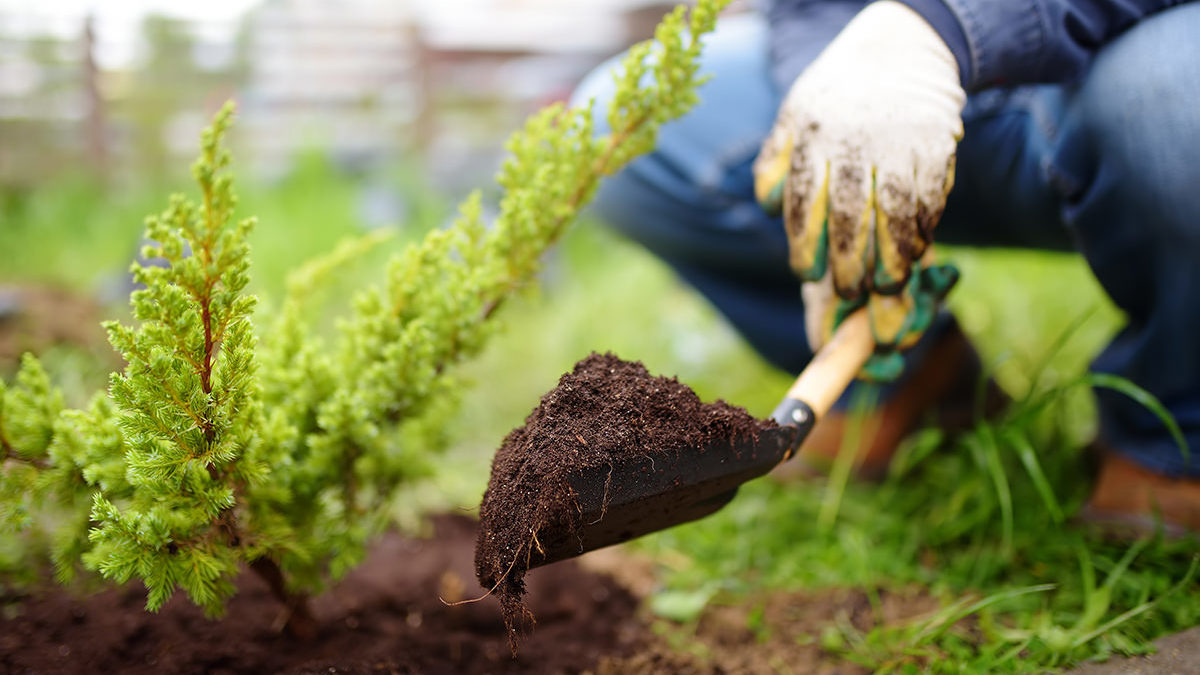

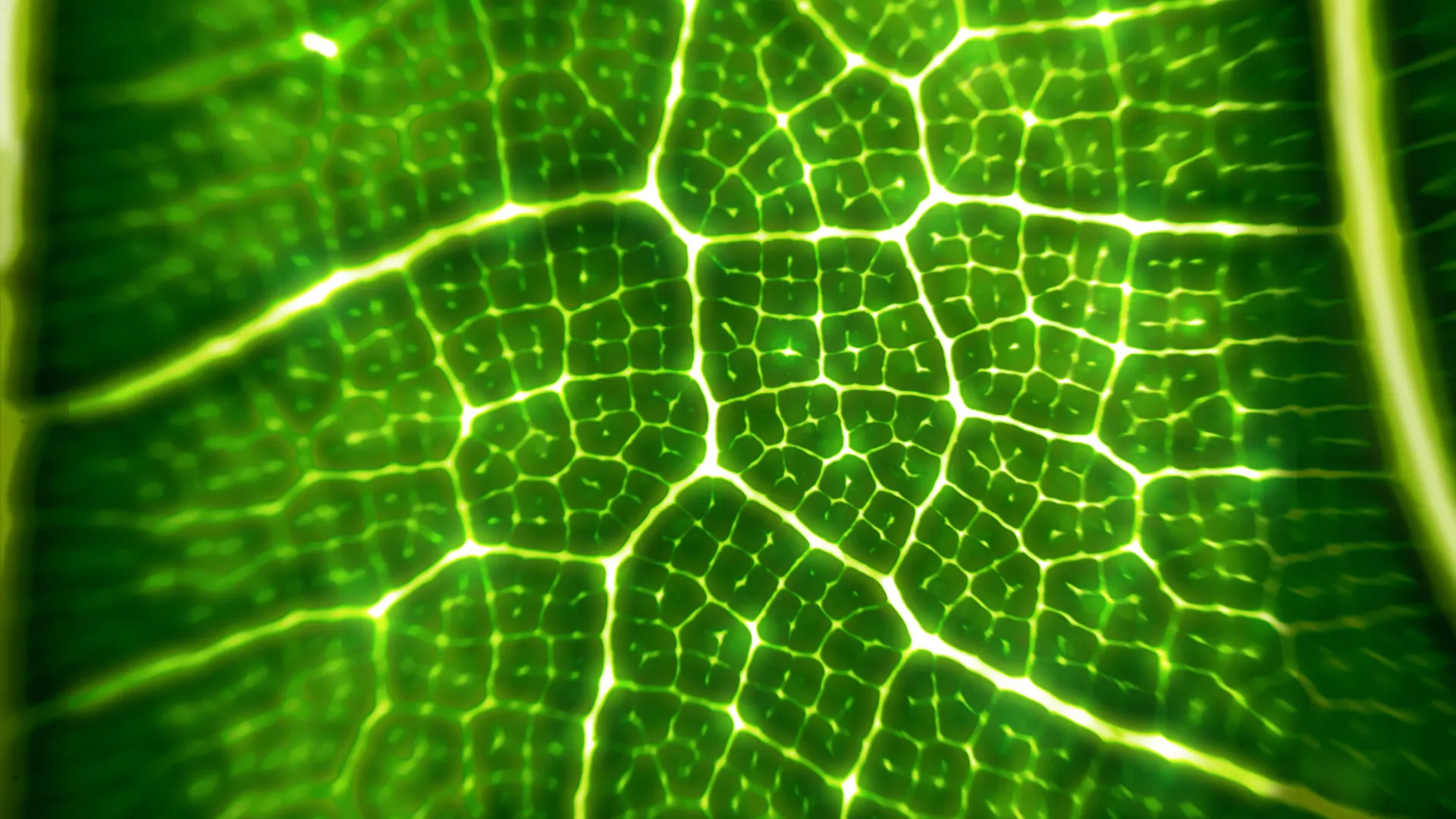
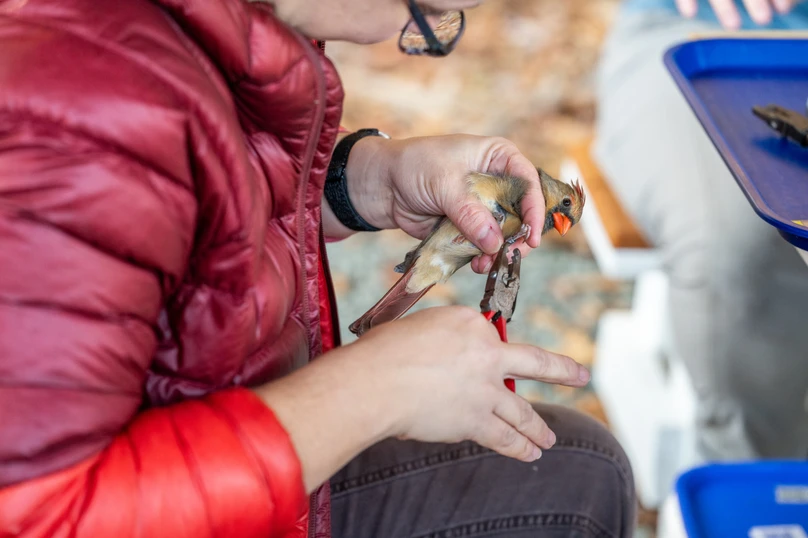
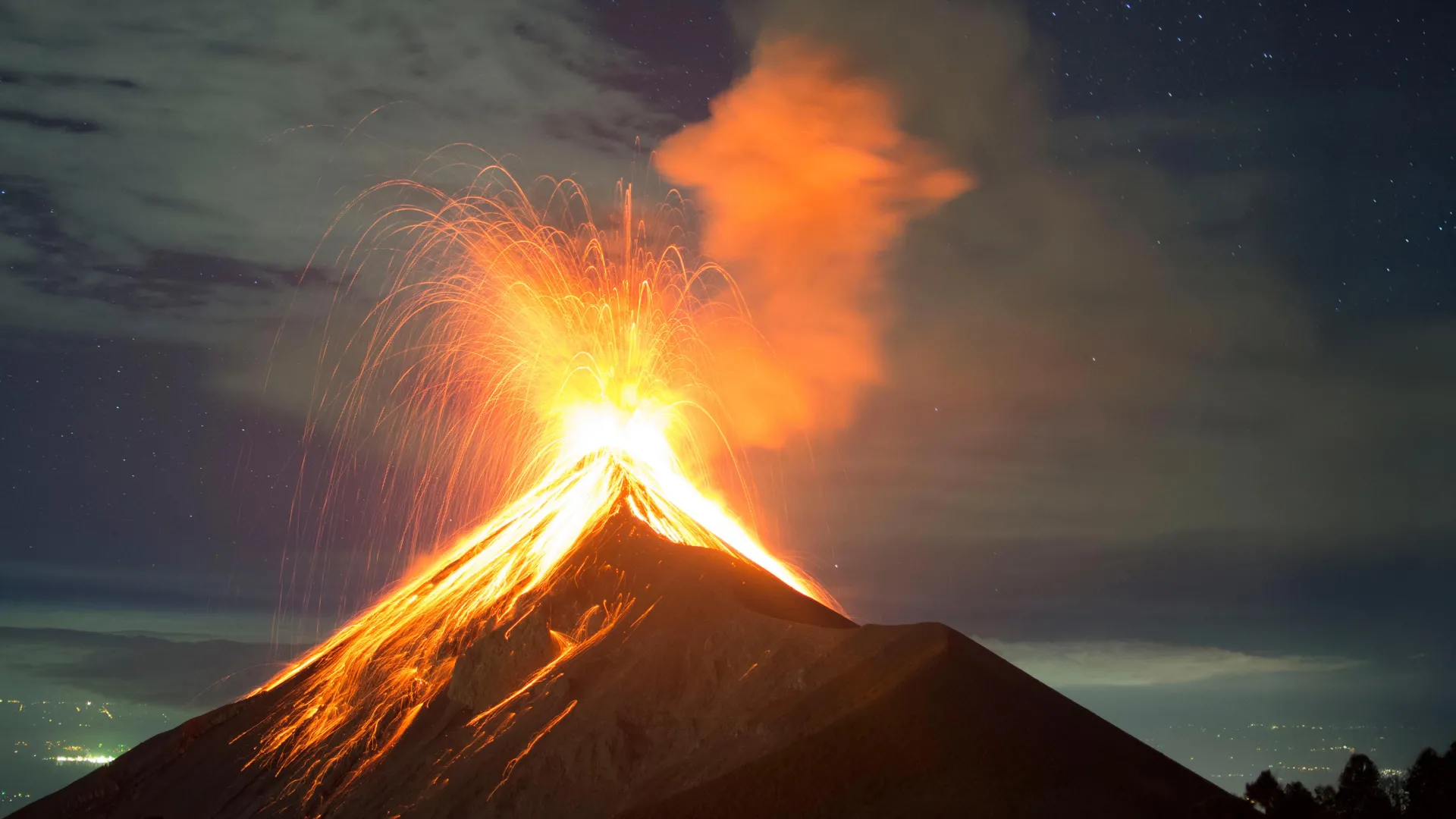














 English (US) ·
English (US) ·  French (CA) ·
French (CA) ·